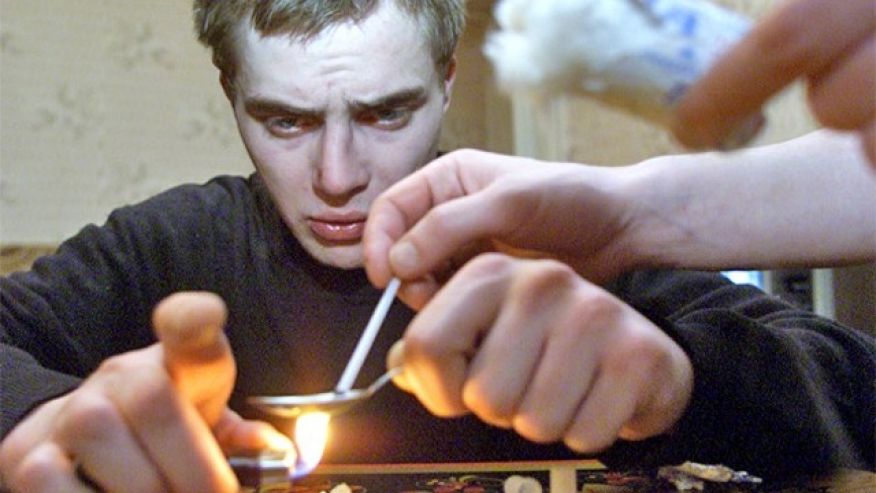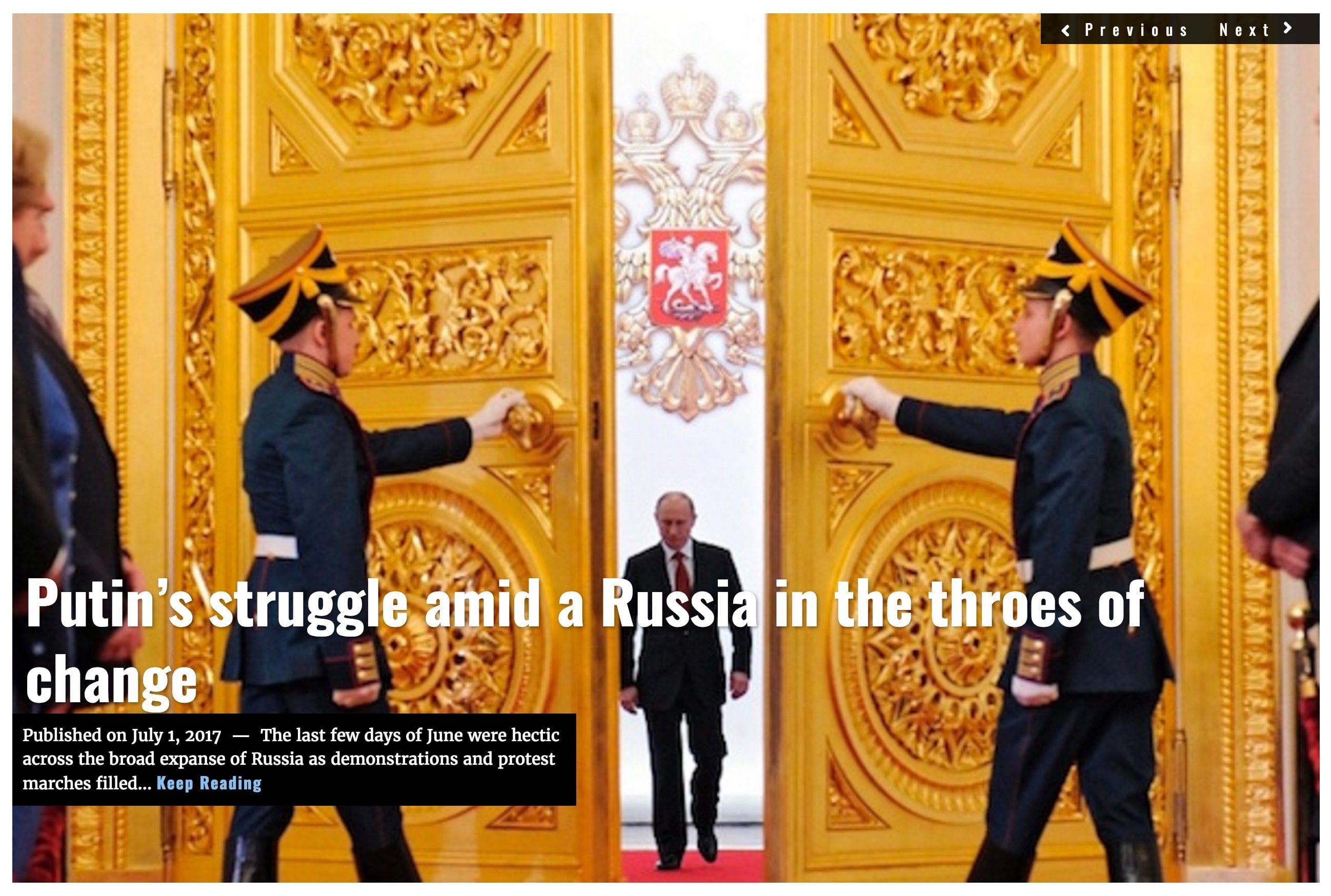A joint Russian-Argentinian investigation that followed the seizure of 850 lbs. (389kg) of cocaine on the grounds of Russia’s embassy in Buenos Aires, led to 6 arrests this Thursday. The December 2016 seizure, with a street value estimated to be worth about $60 million, sparked a 14 month probe into the use of diplomatic luggage to smuggle cocaine. Among those arrested were former Russian diplomat Ali Abyanov and Iván Blizniouk, a Buenos Aires City police officer.
Patricia Bullrich, Argentina’s Minister of Security, announced at a televised news conference, “We have dismantled an international cocaine trafficking organization operating between Argentina, Russia and Germany.”
Es un trabajo inédito en la historia de la Argentina donde hubo colaboración permanente entre la Embajada de Rusia y todo el Gobierno, para desbaratar a la organización criminal. Comparto con ustedes la crónica completa https://t.co/FGublJVeEl pic.twitter.com/Lzl8pjL8kT
— Patricia Bullrich (@PatoBullrich) February 22, 2018
Back in December 2016, Ms. Bullrich had been alerted to the possible transport of 16 pieces of luggage containing drugs by the Russian ambassador to Argentina, Víktor Koronelli, and three members of Russia’s Federal Security Service. Ambassador Koronelli then gave Argentine border guards a key to enter the embassy’s school. Confirming that the luggage contained cocaine, the guards replaced the cocaine with flour, and fitted the luggage with tracking devices.
According to Bullrich, after several attempts, the shipment containing flour was eventually delivered in December 2017, as diplomatic luggage in an official Russian plane. Three Argentine customs officials then traveled to Russia, where two Russian men were arrested when they arrived to pick up the shipment.
En fotos. La @gendarmeria reemplaza la cocaína por harina y deja las valijas en el anexo de la Embajada de Rusia.
Un año después viaja el cargamento a Rusia.
Una vez allá, monitoreado y con gps en todas las valijas, detenemos a 3 miembros de la organización pic.twitter.com/Vjko1fRysz— Ministerio de Seguridad (@MinSeg) February 23, 2018
This week, Russian Foreign Ministry Spokeswoman Maria Zakharova denied that the drug smugglers were using diplomatic mail. In a statement Zakharova said, “We are surprised that some “specialists” say that the whole situation “casts a shadow” on the Russian embassy. It is the opposite: the success of such an operation was achieved especially because of the effective collaboration of Russian diplomatic consul Victor Koronelli and Russian diplomatic personnel.”
In a Facebook post yesterday, the Russian Foreign Ministry added that information about smugglers using diplomatic mail “was not true,” and that a “technical worker” responsible for the crime “had neither a diplomatic passport nor access to diplomatic mail.”
Attempts to make light of the situation have made their way through social media.
https://twitter.com/drugusers/status/966790301561081856
Investigators believe the drugs originated in Colombia or Peru and were on their way to Russia, through Germany. An international order has been circulated in Germany for the arrest of another culprit, identified only as Mr. K, who allegedly provided the drugs to the Russian embassy initially.
The sting comes as narcotics continue to proliferate across the globe. Per a 2017 World Drug Report, the rate of Amphetamine-type stimulants (ATS) seizures is at the highest level ever recorded, and the diversity of drugs available has also multiplied in recent years. This comes alongside a five-fold increase in seizures of new synthetic drugs worldwide, according to another UN report.
Russia is also falling victim to increased global drug distribution. It is home to the highest number of heroin users per capita in the world. Drug use in Russia exploded after the fall of the Soviet Union, though heroin addiction had already begun to grow among soldiers returning from Moscow’s 1980s war in Afghanistan, currently the world’s largest producer of opium. Years later, a 2016 UN report revealing a 43 percent spike in opium production in Afghanistan became widely cited by Russian state media as proof of the ineffectiveness of the U.S. military’s anti-narcotics policy, and to link the U.S. and NATO military campaign in Afghanistan to drug trafficking. In a recent interview with The Diplomat, Russian International Affairs Council Director General Andrey Kortunov acknowledged a belief resonating among Russian nationalists that illegal drug trafficking caused by the U.S. war in Afghanistan has killed more Russians than the Soviet Union lost in the 1979-88 war.
Today, Russian officials estimate there are more than a million heroin users, though experts say the true number could be double, if not higher. A recent story by the Daily Beast, added a drug known as “bath salts” to those “decimating” Russia’s women. According to the article, in 2017 46.1 percent of Russia’s new HIV cases were linked to drug use in what has been deemed an HIV-AIDS epidemic.

Rather than boosting its domestic anti-drug forces, however, Russia recently downsized its drug enforcement agency. Russia’s new Directorate for Drug Control was relegated last year to a department within the Interior Ministry. Previously, it held the authority of an independent government agency, the Federal Service for Drug Control (FSDC).
#ИринаВолк : Сотрудниками #МВД России в Москве задержаны подозреваемые в покушении на сбыт наркотиковhttps://t.co/JRROvU94lv pic.twitter.com/0eL5qh90tq
— Сайт МВД России (@mvd_official) February 22, 2018
The widespread use of online drug markets, along with the use of cryptocurrencies, has also presented a new challenge to anti-drug agencies around the world. Russia’s diminished resources to police the drug industry are struggling to cope. The online venues many people source their drugs from offer the advantage of anonymity, and customers enjoy the fruits of a competitive and de-monopolized industry. An online drug supermarket owner reportedly told the news website Lenta.ru that his business in 2016 amounted to 24 billion rubles ($412 million).
Russia’s Directorate for Drug Control is not privy to its predecessor’s data on drug-related crime, so it cannot account for recent crime rates in its current endeavors. The department does not differentiate between online and offline drug offenses, so there is no way to know how many crimes are taking place in the new virtual setting.

Contrary to its domestic stance, Moscow appears to be, rather, expanding its international anti-drug operations via cooperation with its Central Asian partners to reduce the inflow of heroin and opiates into Russia. Russia has, for example, increased cooperation with countries such as Tajikistan and Uzbekistan, as well as expanded Collective Security Treaty Organization (CSTO) anti-narcotics initiatives within the United Nations.
Last year, according to a poll by the Russian Public Opinion Research Center (VTSIOM), more than three-quarters of Russians, 78 percent, said they approve of criminal penalties for drug abuse. Also according to the poll, 45% of Russians consider drug addiction as a disease that needs treatment, up from 31% in 2014.
LIMA CHARLIE NEWS, with Anthony A. LoPresti
Lima Charlie provides global news, insight & analysis by military veterans and service members Worldwide.
For up-to-date news, please follow us on twitter at @LimaCharlieNews
In case you missed it:

![Image Cocaine sting at Russian embassy highlights challenges for Russia’s war on drugs [Lima Charlie News]](https://limacharlienews.com/wp-content/uploads/2018/02/Cocaine-sting-at-Russian-embassy-highlights-challenges-for-Russia’s-war-on-drugs.jpeg)

![Image War in Eastern Ukraine and the New Heroes of ‘Novorossiya’ (New Russia) [Lima Charlie News]](https://limacharlienews.com/wp-content/uploads/2019/04/Donbass-MAIN-01-480x384.png)
![Image Drop in oil prices may trigger unintended consequences [Lima Charlie News]](https://limacharlienews.com/wp-content/uploads/2018/11/main_900-480x384.jpg)
![Image Crimea crisis escalates after Russian Ukrainian naval incident [Lima Charlie News]](https://limacharlienews.com/wp-content/uploads/2018/11/Crimea-crisis-as-Russia-boards-Ukrainian-vessels-Lima-Charlie-News-480x384.png)





![Image War in Eastern Ukraine and the New Heroes of ‘Novorossiya’ (New Russia) [Lima Charlie News]](https://limacharlienews.com/wp-content/uploads/2019/04/Donbass-MAIN-01-150x100.png)
![Image Drop in oil prices may trigger unintended consequences [Lima Charlie News]](https://limacharlienews.com/wp-content/uploads/2018/11/main_900-150x100.jpg)